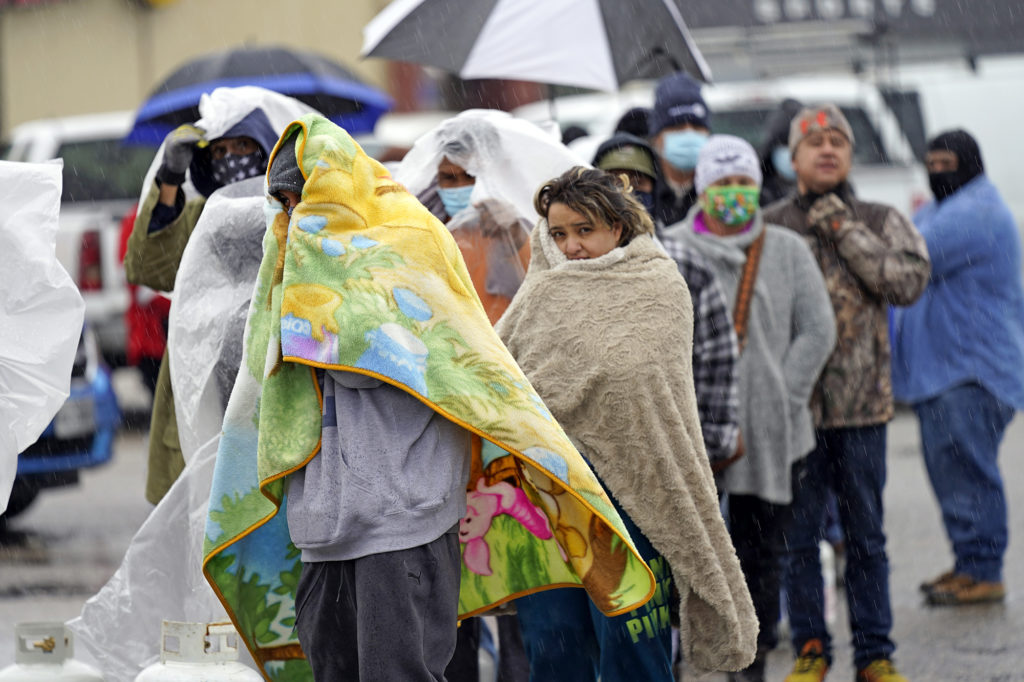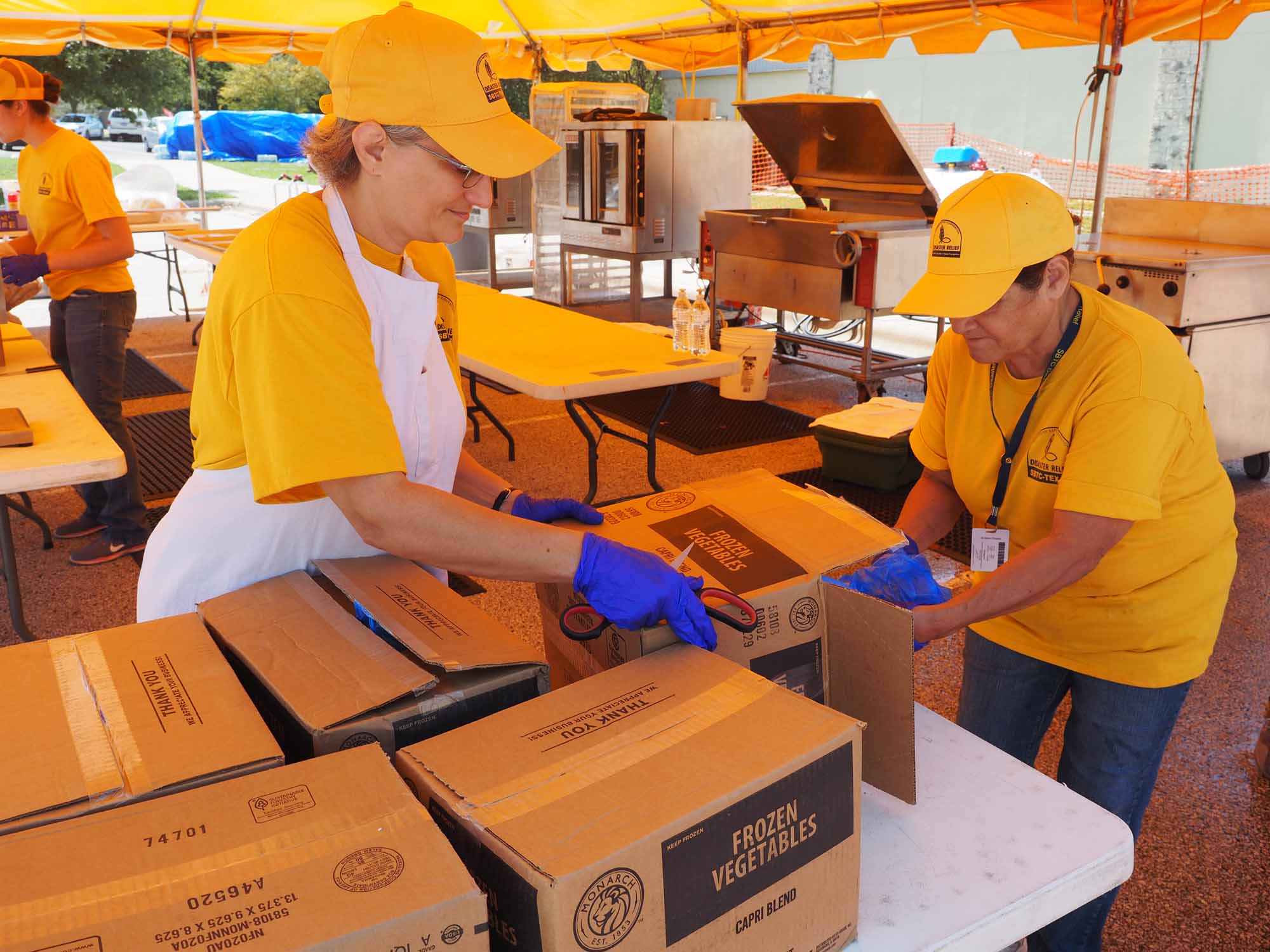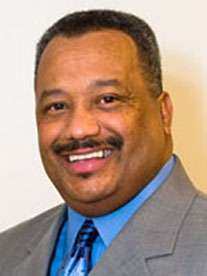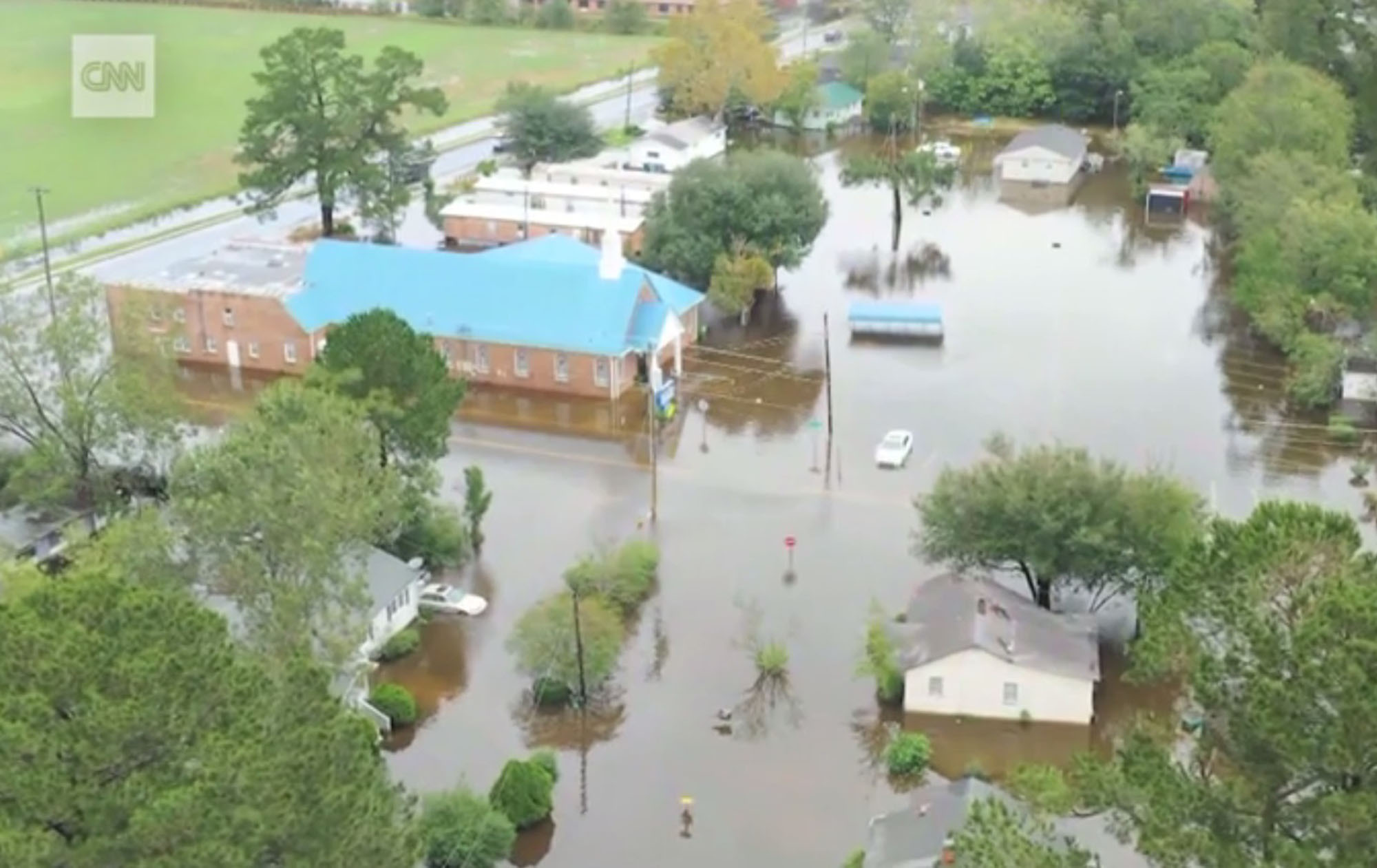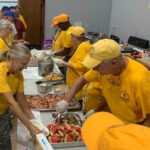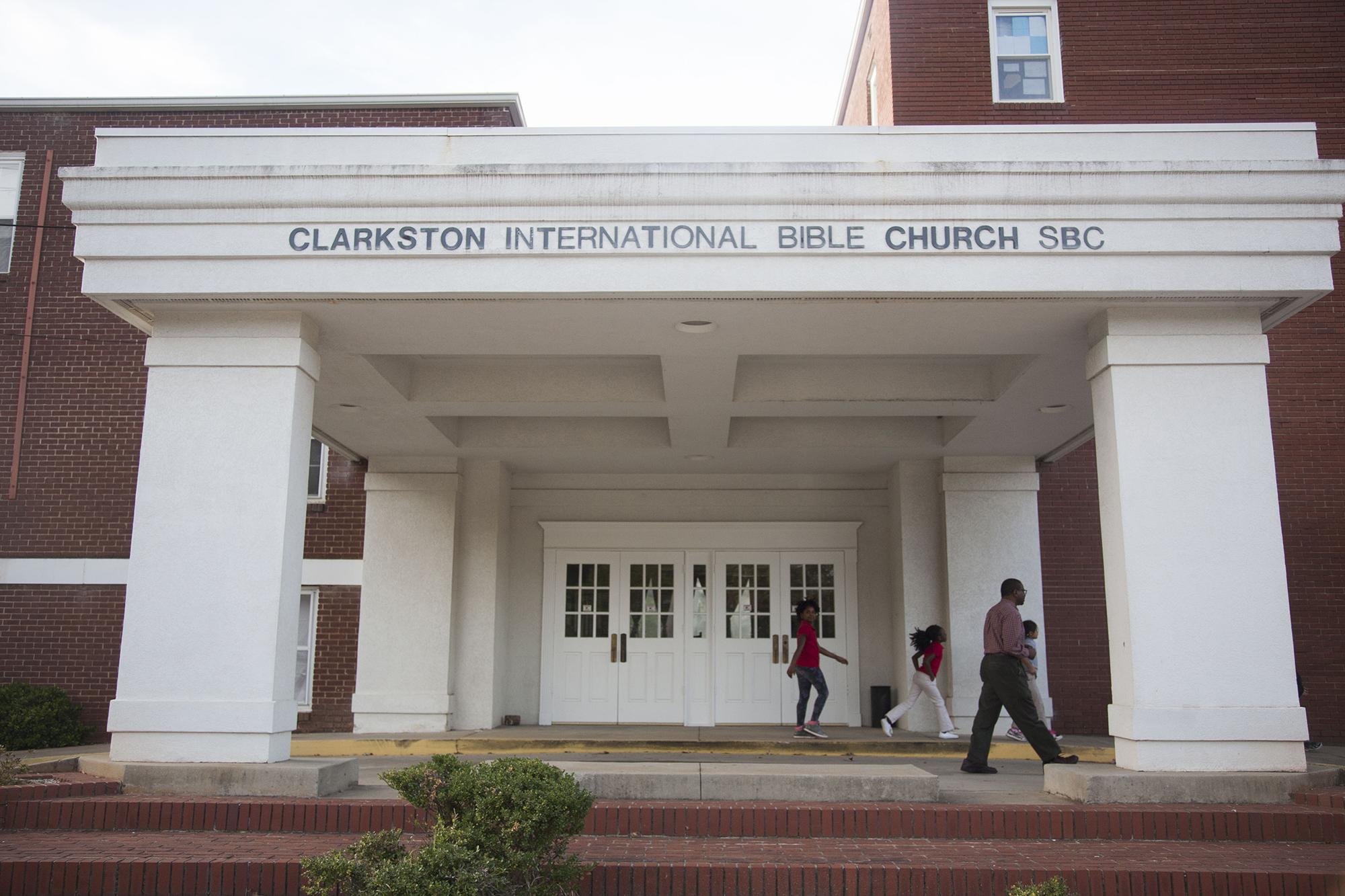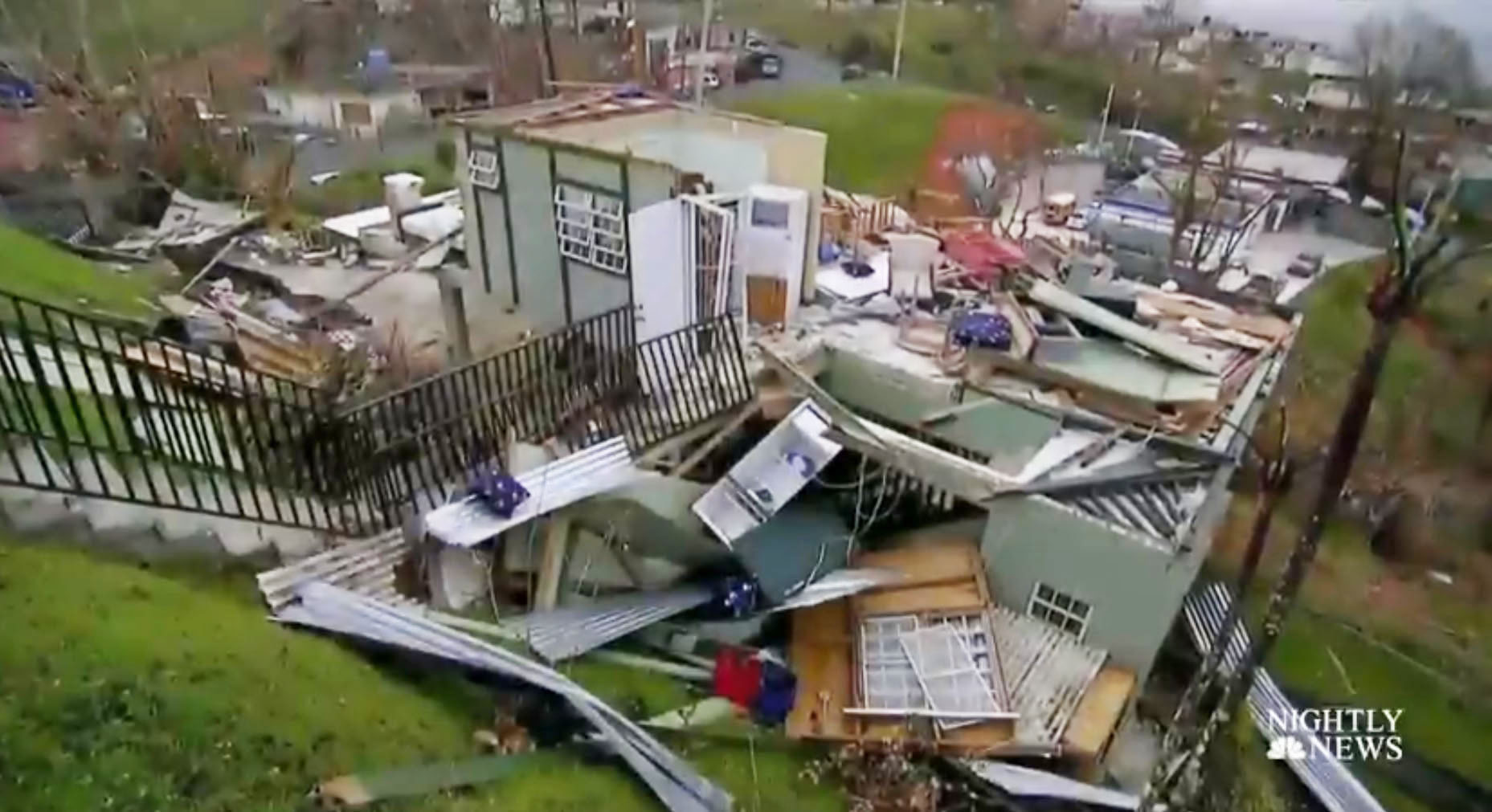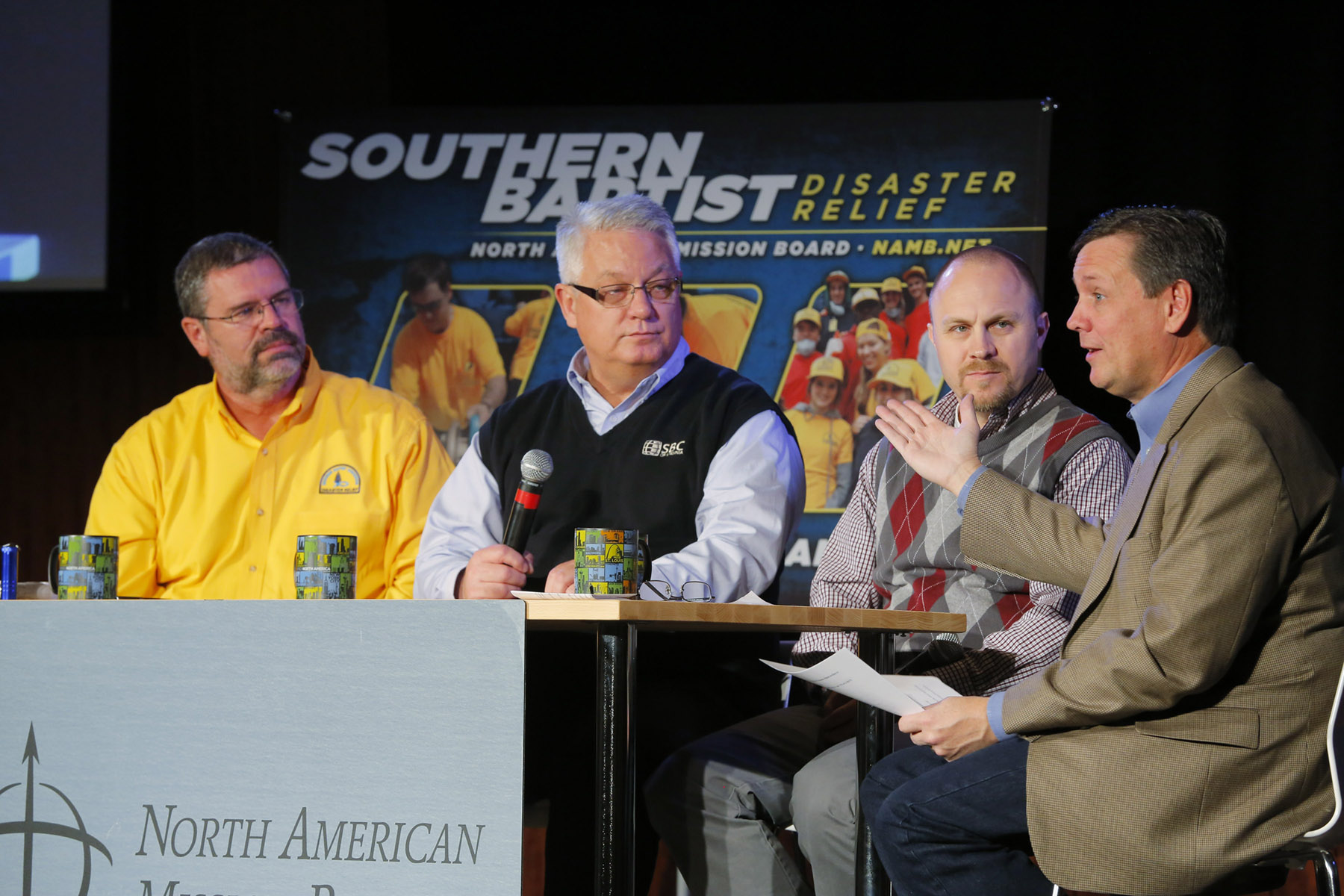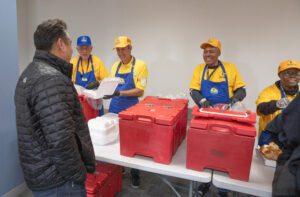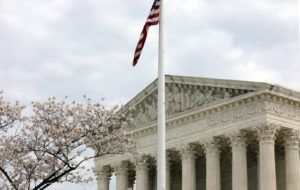
AUSTIN, Texas (AP) — Power outages in Texas dropped below a half-million on Thursday morning (Feb. 18) for the first time in four days, but many people remained without electricity or safe drinking water after winter storms wreaked havoc on the state’s power grid and utilities.
Southern Baptist disaster relief efforts in the state include feeding and shower units at warming shelters, with chainsaw units ready to deploy to homes flooded by frozen pipes that have burst. Both the Southern Baptist of Texas Convention (SBTC) and the Baptist General Convention of Texas (BGCT) are active.
SBTC Disaster Relief Director Scottie Stice said a SBTC quick response feeding unit activated Wednesday (Feb. 17) at a city-operated shelter at Crosspoint Church in McKinney north of Dallas, a BGCT congregation. The unit has been serving about 300 meals a day, with a capacity of 750. No chaplains have been deployed.
“Everything is still pretty locked down on traffic and travel. We have a local unit with local volunteers, so it’s kind of a small crew there,” Stice said. “They’re some residents from a local nursing home there … and first responders are coming by there for meals.
“I’m hearing of churches – not a lot of detail – that are serving as warming stations, sometimes of their own volition, sometimes at request of county or city governments,” Stice said. A warming unit at First Baptist Farmersville is set to close today at 2 p.m., Stice said.
Stice has heard of at least five churches and two pastors’ homes in need of help after frozen pipes burst caused flooding, generally with a few inches of water. Those impacted include First Baptist Church of Mansfield, First Baptist Church of Hooks, Eastridge Baptist Church in Red Oak, Normandale Baptist Church in Fort Worth, North Garland Fellowship in Garland, and at least two pastors’ homes in Mansfield and Justin.
At the BGCT, the Texas Baptist Men (TBM) will deploy a shower and laundry unit to an apartment complex in Cedar Hill to serve 700 people there, and will deploy a large generator to serve Cedar Hill residents elsewhere in the city, the BGCT reported today (Feb. 18).
“People are hurting,” the BGCT quoted TBM Disaster Relief Director David Wells. “They are tired. They’re overwhelmed by the situation. We are mobilizing volunteers to meet their needs, help them and lift their spirits.”
Other TBM disaster relief units are on alert or standby to help where needed, including shower/laundry, feeding and flood recovery teams. A shower unit is expected to be online to support a warming station in Jacksonville, but details were not available.
“This is truly a statewide emergency in every sense of the word,” Wells said. “Every city, every region of Texas is being affected. We are seeking to provide help, hope and healing as quickly as possible.”
Meanwhile, heavy snow and ice were expected Thursday in the Appalachians, northern Maryland and southern Pennsylvania. Snow started falling in New York City early Thursday morning and was coating cars and rooftops. The National Weather Service predicted up to 8 inches (20 centimeters) would fall in the New York metropolitan region Thursday and Friday.
In Little Rock, Ark., 15 inches of snow was on the ground Thursday after back-to-back storms, tying a record for snow depth set in 1918, the National Weather Service said.
More than 320,000 homes and businesses were without power in Louisiana, Mississippi and Alabama after a wave of storms dumped as much as 4 inches of snow and ice across the region. In Tennessee, 12 people were rescued from boats after a dock weighed down by snow and ice collapsed on the Cumberland River Wednesday night, the Nashville Fire Department said.
This week’s extreme weather has been blamed for the deaths of more than 30 people, some of whom perished while struggling to keep warm inside their homes. In the Houston area, one family succumbed to carbon monoxide from car exhaust in their garage. A grandmother and three children died when flames escaped the fireplace they were using to keep warm.
In Texas, just under 500,000 homes and businesses were still without electricity Thursday morning, down from about 3 million the day before. The state’s grid manager, the Electric Reliability Council of Texas, said Thursday morning that the remaining outages are largely weather-related, rather than forced outages that were made early Monday to stabilize the power grid.
“We will keep working around the clock until every single customer has their power back on,” ERCOT Senior Director of System Operations Dan Woodfin said.
Adding to the misery, the snowy weather has jeopardized drinking water systems throughout the state.
Texas officials ordered 7 million people – a quarter of the population of the nation’s second-largest state – to boil tap water before drinking it following days of record low temperatures that damaged infrastructure and froze pipes.
In Austin, some hospitals faced a loss in water pressure and in some cases, heat.
“Because this is a state-wide emergency situation that is also impacting other hospitals within the Austin area, no one hospital currently has the capacity to accept transport of a large number of patients,” St. David’s South Austin Medical Center CEO David Huffstutler said in a statement.
Water pressure has fallen across the state because lines have frozen, and many residents are leaving faucets dripping in hopes of preventing pipes from freezing, said Toby Baker, executive director of the Texas Commission on Environmental Quality.
Gov. Greg Abbott urged residents to shut off water to their homes, if possible, to prevent more busted pipes and preserve pressure in municipal systems.
Weather-related outages have been particularly stubborn in Oregon, where some customers have been without power for almost a week. A Portland supermarket without power threw perishable food into dumpsters, leading to a clash between scavengers and police.
The damage to the power system was the worst in 40 years, said Maria Pope, CEO of Portland General Electric. At the peak of the storm, more than 350,000 customers in the Portland area were in the dark. More than 100,000 customers remained without power Thursday in Oregon.
“These are the most dangerous conditions we’ve ever seen in the history of PGE,” said Dale Goodman, director of utility operations, who declined to predict when all customers would have power restored.
Utilities from Minnesota to Texas have implemented rolling blackouts to ease the burden on strained power grids. The Southwest Power Pool, a group of utilities covering 14 states, said the blackouts were “a last resort to preserve the reliability of the electric system as a whole.”
The weather also disrupted water systems in several Southern cities, including in New Orleans and Shreveport, La., where city fire trucks delivered water to several hospitals, and bottled water was being brought in for patients and staff, Shreveport television station KSLA reported.
Power was cut to a New Orleans facility that pumps drinking water from the Mississippi River. A spokeswoman for the Sewerage and Water Board said on-site generators were used until electricity was restored.
In the southwest Louisiana city of Lake Charles, Mayor Nic Hunter said Wednesday that water reserves remained low and local hospitals were faced with the possibility they might have to transfer patients to other areas.
From The Associated Press. May not be republished. Baptist Press senior writer Diana Chandler contributed to this report. Bleed reported from Little Rock, Arkansas. AP journalists Gillian Flaccus in Portland, Ore.; Rebecca Reynolds Yonker in Louisville, Ky., Jay Reeves in Birmingham, Ala.; and Kevin McGill in New Orleans contributed to this report.
